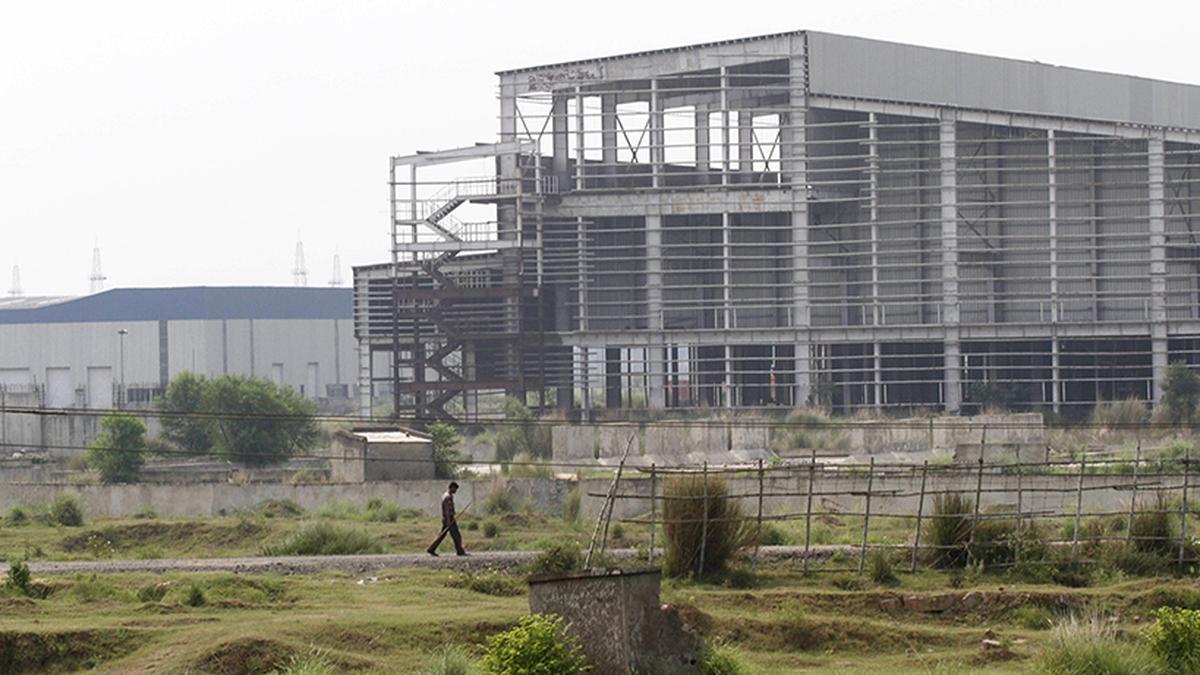Singur Ghost Still Shadows Bengal Politics and Economy
Sixteen years have passed since Tata Motors was forced to pull out of Singur, but its aftermath remains a painful chapter in West Bengal’s political and economic narrative. Once hailed as a beacon of industrial progress, the Nano car project promised to transform the region into a manufacturing hub. However, protests over land acquisition led to the project’s abrupt closure, sending shockwaves through the state’s political landscape.
The incident dealt a severe blow to West Bengal’s image as an investor-friendly state, with major industries growing hesitant to set foot in the region. This vacuum has crippled job opportunities and slowed the state’s economic recovery. Today, Singur stands as a stark reminder of missed chances, haunting the ruling government’s efforts to promote development. The political blame game over Singur continues, with critics questioning the long-term impact of those protests.
While the ruling party defends its stance, pointing to farmer welfare, opposition parties argue that the state sacrificed long-term economic gains for short-term political wins. With Bengal still struggling to attract large-scale investments, the Singur debacle serves as a cautionary tale of how political decisions can reverberate through the decades, leaving a region grappling with the consequences.





